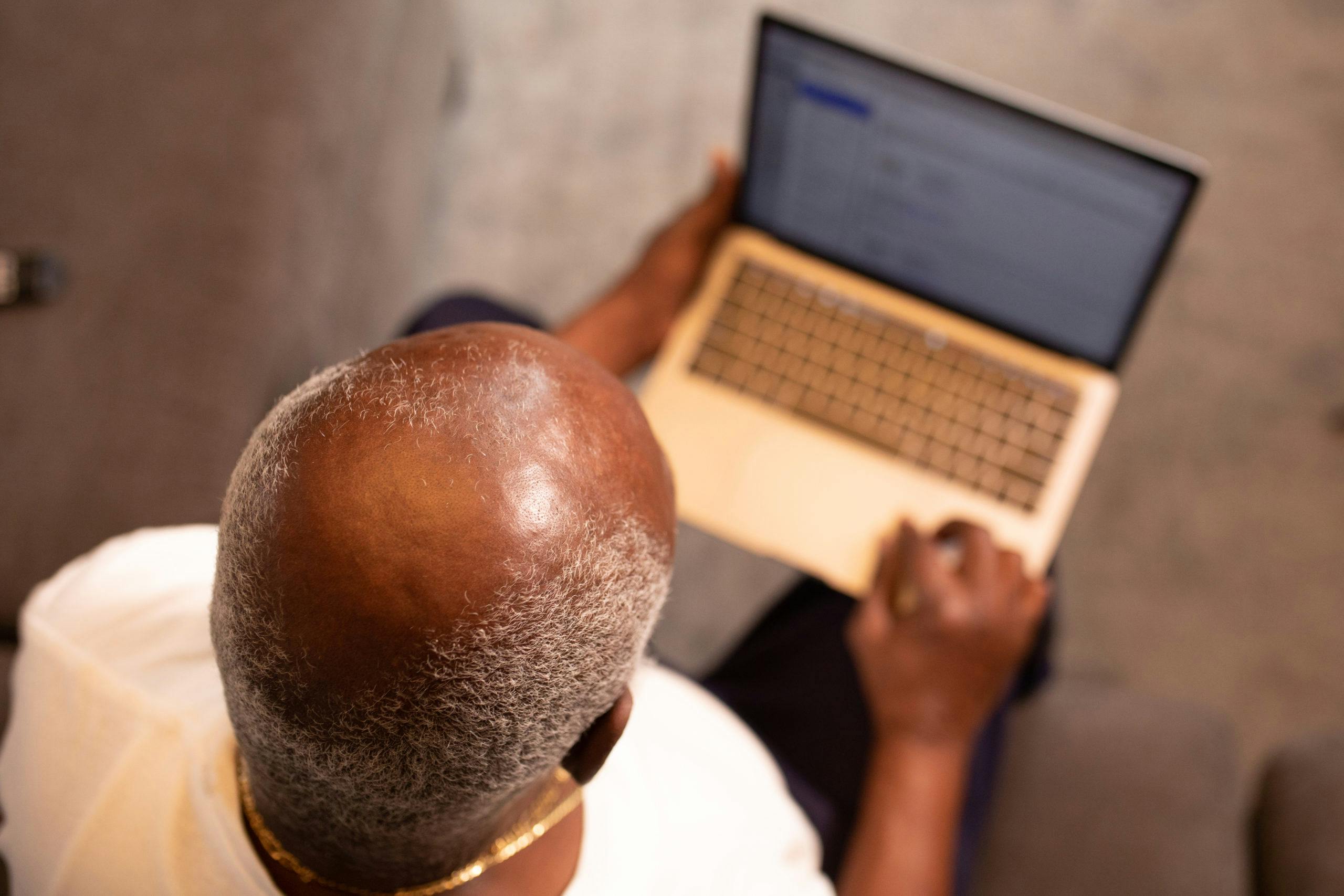Today, you find Wi-Fi networks that you can easily access anywhere… in cafes, restaurants and hotels, shopping malls, even on the open streets of major city centers.
This is great. It means you can go online from your mobile phone, smartphone, tablet or laptop – in fact, any portable device – in most places, at any time.
The problem, as always with the Internet, is security.
What is Wi-Fi?
wireless (gold wireless) is a local area wireless technology that allows electronic devices to connect to each other. The term is not an abbreviation. It was invented as a pun. hi fi and it’s just a fancy name for a wireless local area network (WLAN).
Many devices, such as personal computers, game consoles, smartphones, digital cameras, tablets, and digital audio players, can connect using Wi-Fi. Connect to a network (such as the Internet) through a known wireless network access point have has hotspot.
The walls block the radio waves used by this technology. Therefore, indoors, the range is limited to about 20 meters (66 feet). Outdoors, however, multiple overlapping access points make it possible to cover many square kilometers with a single public Wi-Fi network.
Wi-Fi security issues
Wi-Fi can be less secure than wired connections. This is simply because an intruder does not need a physical connection.
Most of us are pretty good at protecting our PCs at home, using firewalls to keep cybercriminals from accessing our information and antivirus software to reduce our chances of getting infected with a computer virus or other malware.
The same threats are present when you access the Internet using a public Wi-Fi network. The additional problem is that you can never be sure if a particular network or access point is secure.
Most public Wi-Fi networks do not use encryptiona form of security in which the information you submit is encrypted so that it cannot be read by a third party.
Plus, you don’t even need a password to connect to most public networks, which means they’re open to anyone in the area, including your friendly local cyber thief.
Logging into your bank or other personal account through an unsecured network can be particularly dangerous, as a hacker could easily read your login details, who could then wipe your bank account or impersonate you using your personal information. details.
Protection on a public Wi-Fi network
As you can see, using public Wi-Fi networks can be quite risky. However, you can feel relatively safe by following these seven tips:
[1] Regardless of the device you use to access the Internet, verify that your antivirus and antimalware software is up to date and activated.
[2] To make it more difficult for an attacker to gain access, make sure your firewall is turned on.
[3] Turn off sharing when on a public network. This will prevent others from accessing your computer and files. You can turn it off in Control Panel (Windows) or System Preferences (Mac OS X).
[4] Avoid signing in to banking and shopping sites where you must enter personal and financial information to do so. You should only bank or shop online over a trusted connection, such as a home network that you know is protected.
[5] Go to sites with URLs that start with “https” instead of “http” because “https” sites use encryption to protect the information you send.
[6] Avoid automatically connecting to hotspots. Doing so will reduce your chances of being connected to a rogue access point set up to steal information. As before, you can do this from Control Panel (Windows) or System Preferences (Mac OS X).
[7] If you use public Wi-Fi a lot, a good idea would be to use a virtual private network (VPN). A VPN is like a private network that you can access from anywhere. However, you must subscribe to a VPN service for which there is a monthly fee. However, a VPN is a smart choice for businesses, large and small.
